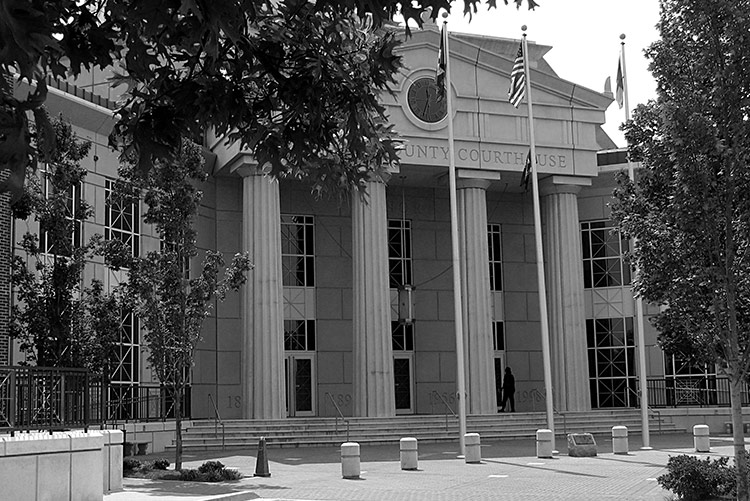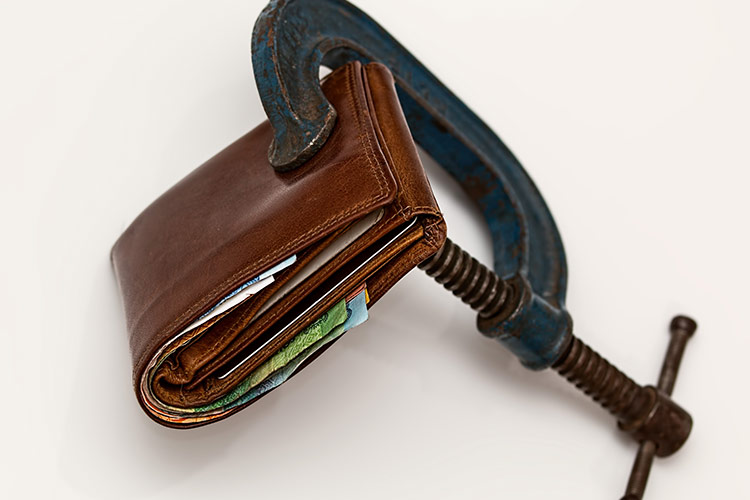Citibank Ordered to Pay Nearly $8 Million in Civil Penalties
https://bardolawpc.com/wp-content/uploads/2015/09/BlogPhoto-030-BardoLaw.jpg 750 500 StacyBardo StacyBardo https://bardolawpc.com/wp-content/uploads/2015/09/LinkedIn-StacyBardo-BardoLawPC-150x150.jpgToday, the Consumer Financial Protection Bureau (CFPB) ordered Citibank to pay nearly $8 million in civil penalties relating to its debt conduct. Citibank has also been ordered to refund approximately $11 million to consumers and stop collections on an additional $34 million. The CFPB’s February 23, 2016 press release can be found at http://www.consumerfinance.gov/newsroom/cfpb-orders-citibank-to-provide-relief-to-consumers-for-illegal-debt-sales-and-collection-practices/.
In one case, Citibank was charged with selling credit card debt to debt buyers with inflated interest rates and for failing to forward payments made to Citibank after the sales. In the second case, Citibank and two of its collection law firms allegedly used falsified court documents in order to obtain judgments.
“Citibank sent inaccurate information to buyers when it sold off credit card debt and it also used law firms that altered court documents,” said CFPB Director Richard Cordray. “Today’s action provides redress to consumers who were victimized by slipshod practices as part of our ongoing work to fight abuses in the debt collection market.”
You may be impacted by these orders if:
(1) Your Citibank credit card account was sold to a debt buyer between February 2010 and June 2013;
(2) You made a payment towards your Citibank credit card account around the time your account was charged off;
(3) Faloni & Associates, LLC or Solomon & Solomon, P.C. handled your account.







